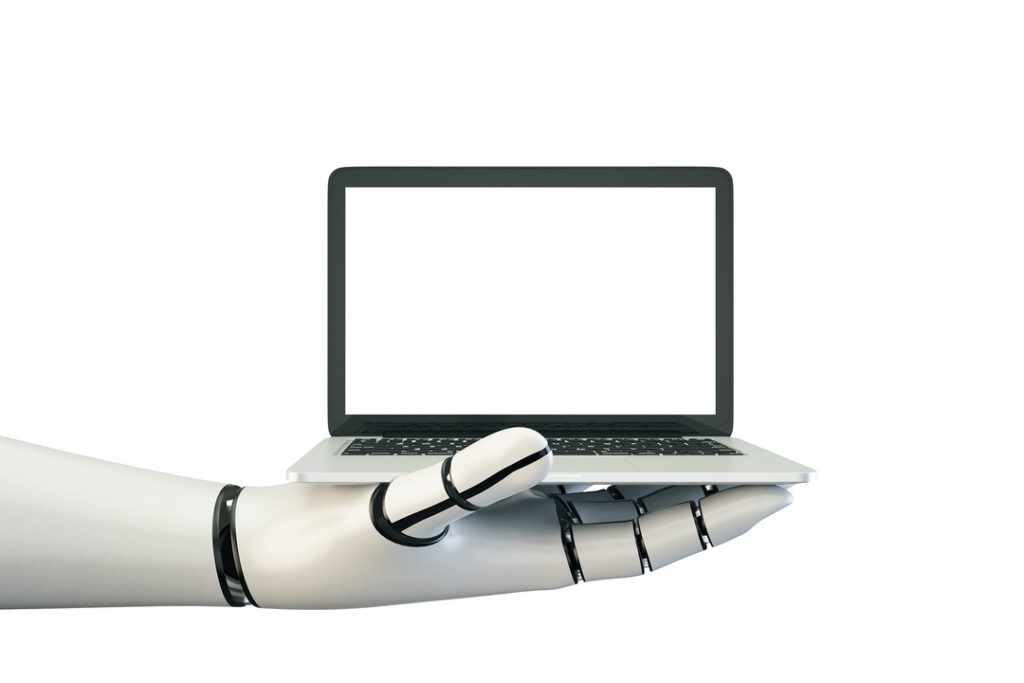Modern Trends in the HR Industry

The HR field has undergone big changes lately due to new technology, changing job expectations, and a more international workforce. Companies are rethinking how they approach HR to attract and keep talented people in this changing world. HR’s role now goes beyond just hiring and firing. It includes looking after employee well-being, promoting diversity and inclusion, and using data to make better decisions.
Knowing these new trends is essential for HR professionals aiming to create a welcoming workplace. Let’s explore some of the most important trends in the HR world today.
Emphasis on Employee Experience

Many companies have prioritized the employee experience. This extends beyond the job role and covers everything from onboarding to daily interactions and the physical or digital workplace. Positive experiences can boost employee satisfaction and retention rates.
This change prompts HR teams to create more personalized ways to engage staff. They are considering aspects like work-life balance, recognition, and growth opportunities to provide a more well-rounded experience for employees. They may also work with the HR consultant team to identify areas of improvement and implement recommended solutions.
Remote and Hybrid Work Models

Recently, there’s been a big shift to remote and hybrid work. Many companies now let employees work part of the time from home while spending the rest in the office. This trend took off during the pandemic, and it looks like it’s here to stay.
HR is adjusting by creating policies to support working from home. They ensure people have the proper tools and resources to tackle communication or team collaboration challenges.
Data-Driven HR

Data is becoming increasingly important in human resources. Companies use data analysis to make better choices about hiring, managing performance, and keeping employees. This trend, called data-driven HR, helps organizations see patterns and predict future needs.
For HR workers, this means learning how to use data effectively. By examining numbers like employee turnover rates, engagement scores, and productivity, HR teams can make plans that align more closely with the company’s goals.
Focus on Mental Health and Well-Being

Companies are increasingly prioritizing employee mental health and wellness. Human Resources teams are creating programs and resources to help with mental and emotional support. This can involve offering access to counselling services, mental health leave, or stress management workshops.
The goal is more than just providing benefits; it’s about fostering an environment where workers feel valued and supported. HR is also making efforts to lessen the stigma around mental health at work and create a more open and caring space.
Diversity, Equity, and Inclusion (DEI)

Efforts around diversity, equity, and inclusion (DEI) are becoming more critical in the HR world. Companies aim to create workplaces where people from all backgrounds feel welcome and appreciated. This involves hiring practices that encourage diversity and programs that help reduce bias in the office.
HR teams play a crucial role in advancing these efforts. They are responsible for developing policies and training programs that promote diversity and inclusion. They also track progress by gathering data and listening to employee feedback.
Upskilling and Reskilling

The fast-changing world of technology means many workers must learn new skills to keep up. HR teams are putting effort into programs that help employees develop and adjust to new roles or tech.
Giving people chances to learn constantly helps them stay useful and keeps them interested and happy at work. HR experts make learning plans, offer online courses, and work with managers to determine where teams need new skills.
AI and Automation in HR

Artificial intelligence (AI) and automation are changing how HR departments work. Automating tasks like sorting through resumes, setting up interview times, and responding to employee questions lets HR teams focus on bigger-picture projects.
AI tools help by examining employee data, predicting who might leave, and providing insights into staff engagement. While these tools can save time and make things run more smoothly, HR professionals need to consider the ethical issues associated with using AI in hiring and managing people.
Flexible Benefits Programs

Employee benefits are no longer the same for everyone. HR departments are shifting towards more flexible programs that let employees pick the perks that matter most to them. These could include health and wellness benefits, flexible work hours, or help paying off student loans.
Offering a variety of benefits helps companies address the diverse needs of their workers. By letting employees adjust their benefits, HR teams can increase satisfaction and ensure the perks offered are relevant to everyone.
Employee Engagement Tools

Keeping employees engaged is challenging for HR professionals, especially with more remote work. Many companies are now using tools to check how employees feel about their jobs, their teams, and the company overall.
These tools help HR departments gather real-time feedback, spot problems early, and take steps to boost engagement. Whether through regular surveys or quick checks, these tools offer valuable insights into employee happiness and areas needing improvement.
HR as a Strategic Partner

The role of HR has grown from simply supporting the business to becoming a strategic partner. HR professionals now work closely with leadership to ensure that human resources practices align with the company’s goals. This change means HR is involved in decisions about company culture, growth plans, and workforce planning.
HR can help drive business success by taking on a more strategic role. HR experts must deeply understand the business and create programs that support long-term goals.


